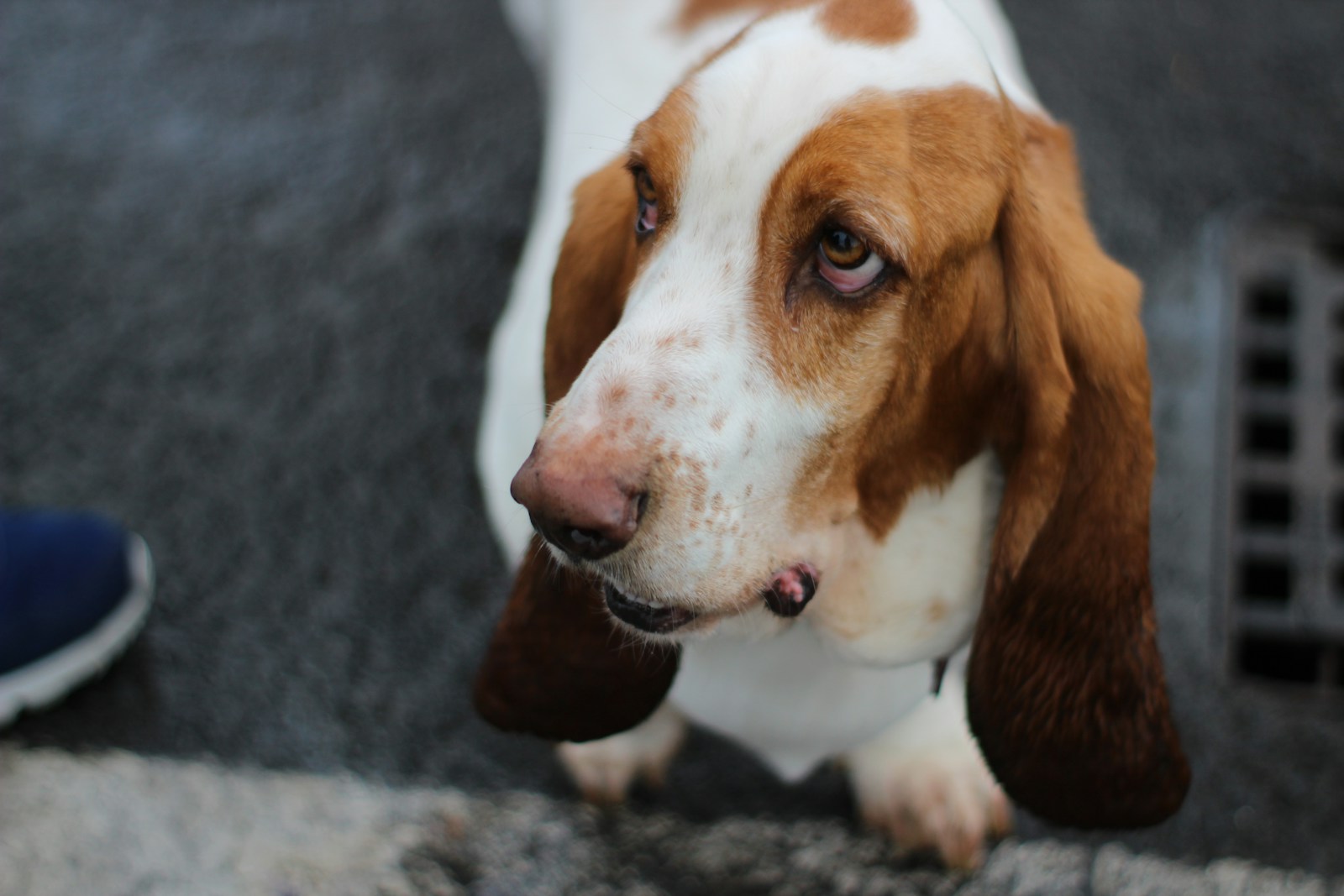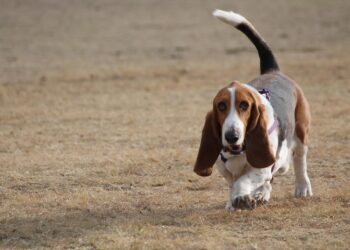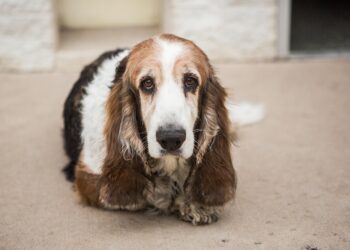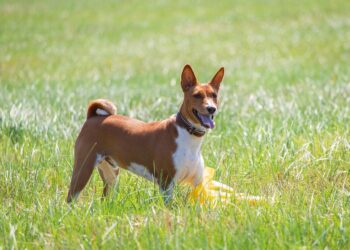Service dogs play a vital role in assisting individuals with disabilities, and their ability to perform a range of tasks is crucial. While many people traditionally think of breed-specific service dogs such as Golden Retrievers or Labrador Retrievers, the possible breeds that can excel in this role are quite diverse. Basset Hounds, with their distinctive appearance and charming personality, is one such breed that may surprise you with their aptitude as service dogs.

Contents
Why Basset Hounds Stand Out?
Basset Hounds, despite their unconventional appearance, possess certain qualities that make them well-suited for service work. Their calm and gentle temperament allows them to remain composed in various settings, making them ideal companions for individuals with disabilities. This breed is highly adaptable and can effectively navigate different environments, be it a crowded city street or a quiet countryside.
Another notable characteristic of Basset Hounds is their remarkable scent-tracking abilities. While this trait is typically associated with Bloodhounds, Basset Hounds also possess an exceptional sense of smell, which can be utilized in specific service tasks. For instance, they can be trained to recognize and alert their handlers about certain scents, such as allergens or medicinal odors. These dogs can provide invaluable assistance for individuals with sensory, medical, or mobility-related conditions.
Basset Hounds’ affectionate nature and desire to please their owners make them highly trainable. Though they may have a stubborn streak at times, with consistent and positive reinforcement training methods, they can learn and master various commands. Being intelligent and eager to learn, they can be successfully trained to perform tasks such as retrieving dropped objects, opening doors, assisting with dressing, or even providing emotional support.
Frequently Asked Questions
Can Basset Hounds be service dogs for individuals with mobility issues?
Yes, Basset Hounds can be trained to assist individuals with mobility impairments. They can be taught to support their handlers while walking or even pull a wheelchair on command. However, their size and stature may limit the types of tasks they can perform compared to larger breeds.
Are Basset Hounds suitable for individuals with visual impairments?
Although Basset Hounds excel in various service roles, they may not be the best choice for individuals with visual impairments. Their tendency to focus on scents rather than visual cues may pose challenges in guide work. Breeds like Labradors or German Shepherds are better suited for these tasks.
Can Basset Hounds be trained as medical alert dogs?
Absolutely! Basset Hounds’ strong sense of smell allows them to be trained as medical alert dogs. They can detect and alert their handlers to various medical conditions, such as drops in blood sugar levels, seizures, or potential allergic reactions. Their keen sense of smell has proven invaluable.
Are Basset Hounds suitable for emotional support roles?
Basset Hounds can indeed excel in providing emotional support. Their gentle and affectionate nature naturally lends itself to providing comfort and companionship to individuals struggling with mental health issues.
What are the drawbacks of using Basset Hounds as service dogs?
While Basset Hounds possess many qualities that make them suitable service dogs, some challenges should be considered. Their stubborn nature can make training more challenging, requiring a patient and consistent approach. Additionally, their long ears and droopy skin may require extra attention to grooming and cleanliness.
Conclusion
In summary, Basset Hounds can indeed make good service dogs, provided their unique abilities and limitations are taken into account. Whether it’s as a mobility support partner, medical alert dog, or emotional support companion, these affectionate and trainable dogs can greatly enhance the lives of individuals with disabilities.
More:
Do Basset Hounds Like Cold Weather?














